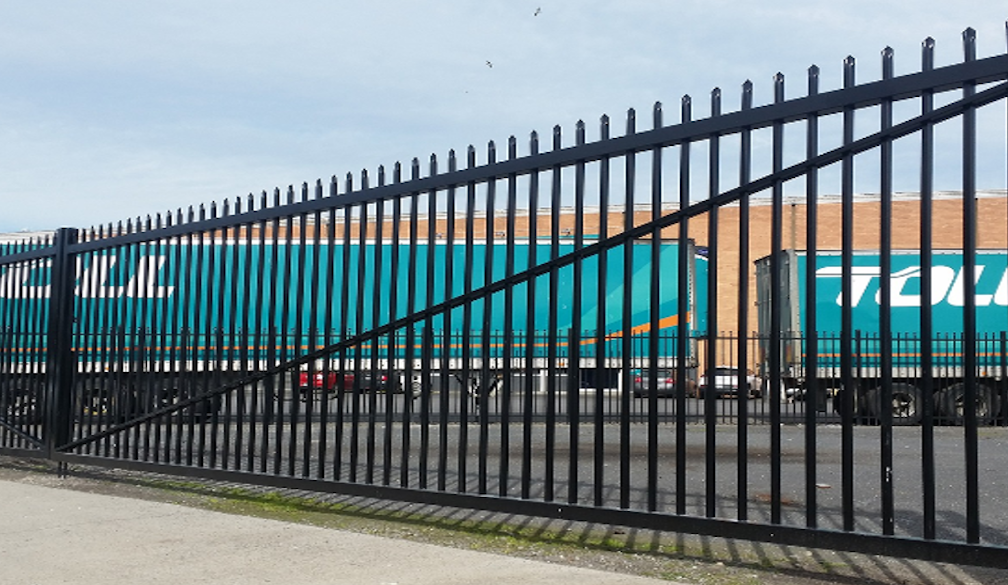pollster Tony Barry on why the Coalition can’t risk ‘lurching to the right’
- Written by Michelle Grattan, Professorial Fellow, University of Canberra
While the Liberals have been performing reasonably well in Parliament lately, Opposition Leader Sussan Ley still finds herself in an unenviable position. Ley’s presiding over a party split over its political identity – and even who should be leading it.
She’s being undermined by insurgents, most notably Andrew Hastie, a leadership aspirant who recently quit the frontbench[1] complaining he was being excluded from formulating policy on immigration.
To talk about the Liberals’ internal strife and what Australians make of it, we’re joined today by a former Liberal insider, Tony Barry[2].
Barry used to be a party strategist, but these days he’s a director of the RedBridge Group[3], which taps into the public mood through extensive polling and focus group research.
Barry said voters – especially “Coalition defectors”, who had stopped voting for either the Liberals or Nationals – are sending strong signals about how to woo them back.
We asked [Coalition defectors] if they could rank the reasons why they’re no longer voting for the Coalition. And what was interesting there was that 35% said “I no longer know what the party stands for”.
A third of those voters also said they felt the Coalition “no longer represents people like me” and was too divided. Meanwhile, a majority of Australians consistently describe themselves as either unaligned or centre left.
They certainly not don’t see themselves as right wing or conservative. Just 19% of the electorate describe themselves as that way.
Barry said it was possible to be seen as from the right and still win back-to-back elections – like former prime minister John Howard, who was in power for 11 years – but only because:
he knew that he had to pitch to the centre. He protected Medicare. And he embarked on supporting families. That was very much a part of his agenda.
Barry said the biggest danger for the Coalition is how “catastrophically uncompetitive” it’s become with women and younger voters. By the next federal election, close to half of all voters are expected to be Gen Z and and millennials.
In our poll [among] Gen Z voters, the Coalition was polling at 18%. Interestingly, it was just 13% amongst female Gen Z and 22% amongst Gen Z men. So big difference there, gender split there. But catastrophically uncompetitive. That’s the ages of 18 to 28.
[…] Amongst the millennial cohort, which is [people aged] 29 to 45, the Coalition was polling at 25% […] In these circumstances, the Coalition is getting thrashed. So they can’t compete overall whilst they’re so hopelessly uncompetitive in those cohorts.
Barry said the lesson from history was that the Coalition urgently needed “a unifying purpose” around bolder economic reform, including lower taxes and government spending cuts.
Something to bring the different tribes of the Coalition together and fight for a common purpose […] I think Sussan Ley has started that journey. She gave a very strong speech about government entitlement and spending beyond our means […] But these things […] take a very long time for these messages to permeate and to resonate and then to start moving the court of public opinion.
He said Victorian Liberal MP Tim Wilson had shown[4] how the party could win back city seats won by Teals or other challengers.
But they’re not going to win those seats back by lurching to the right and alienating a majority of the electorate on issues which are only going to elicit results in various electorates, usually in the regions. That’s not where the Coalition’s problem is right now. Their problem is in urban centres, where the great majority of Australian voters live.
References
- ^ recently quit the frontbench (theconversation.com)
- ^ Tony Barry (www.wheelercentre.com)
- ^ RedBridge Group (redbridgegroup.com.au)
- ^ Tim Wilson had shown (theconversation.com)
Authors: Michelle Grattan, Professorial Fellow, University of Canberra










